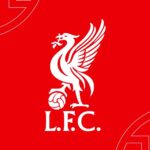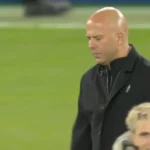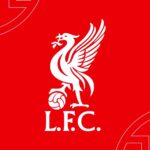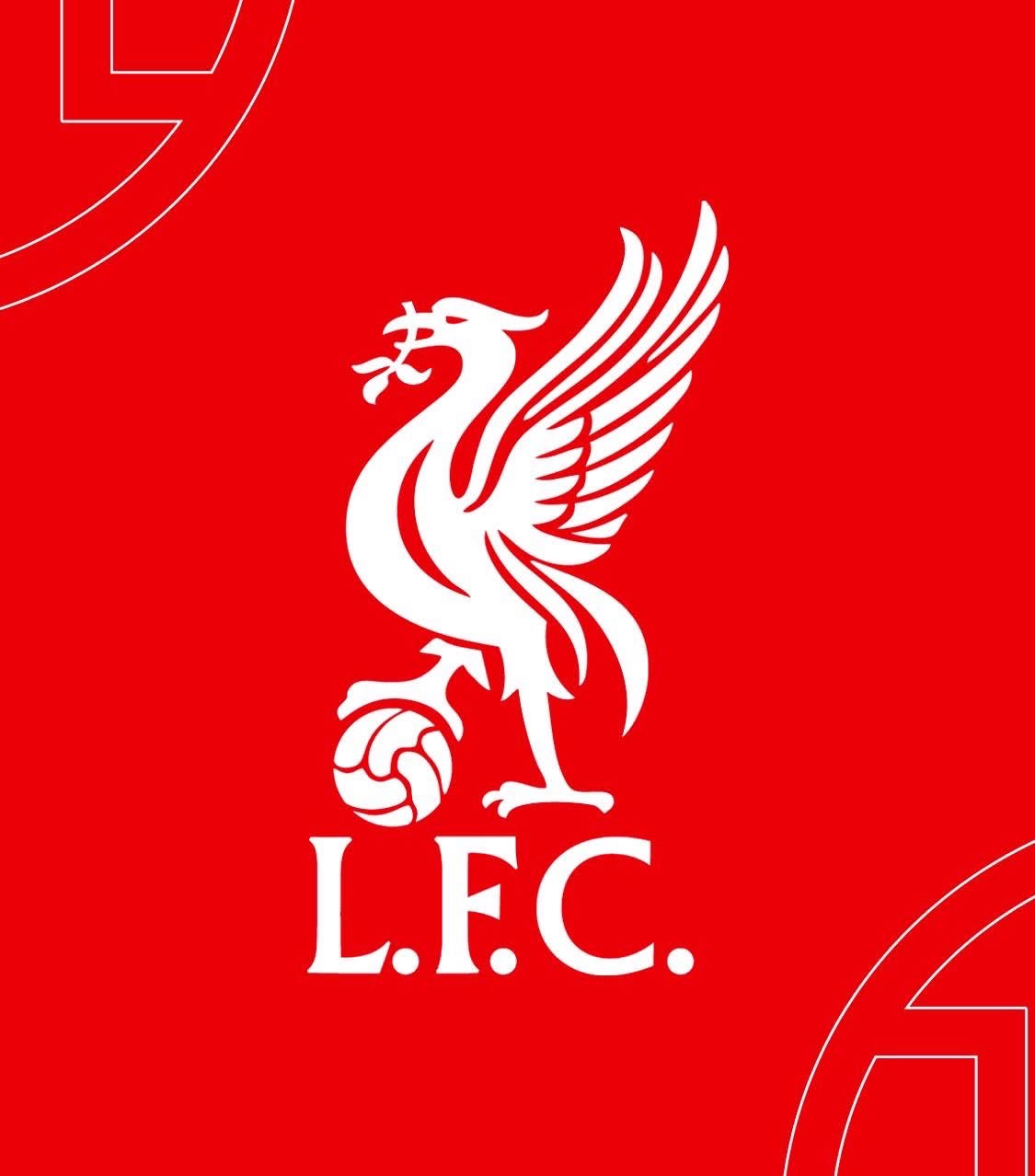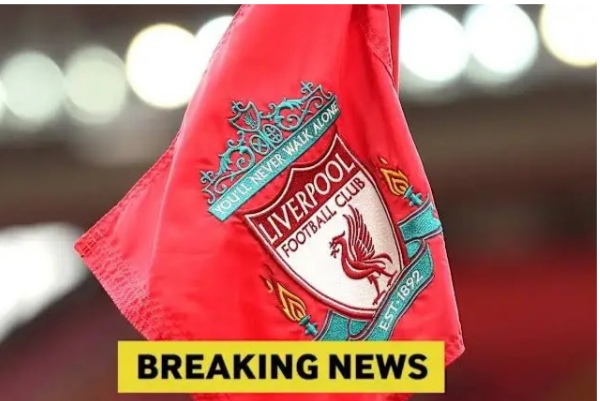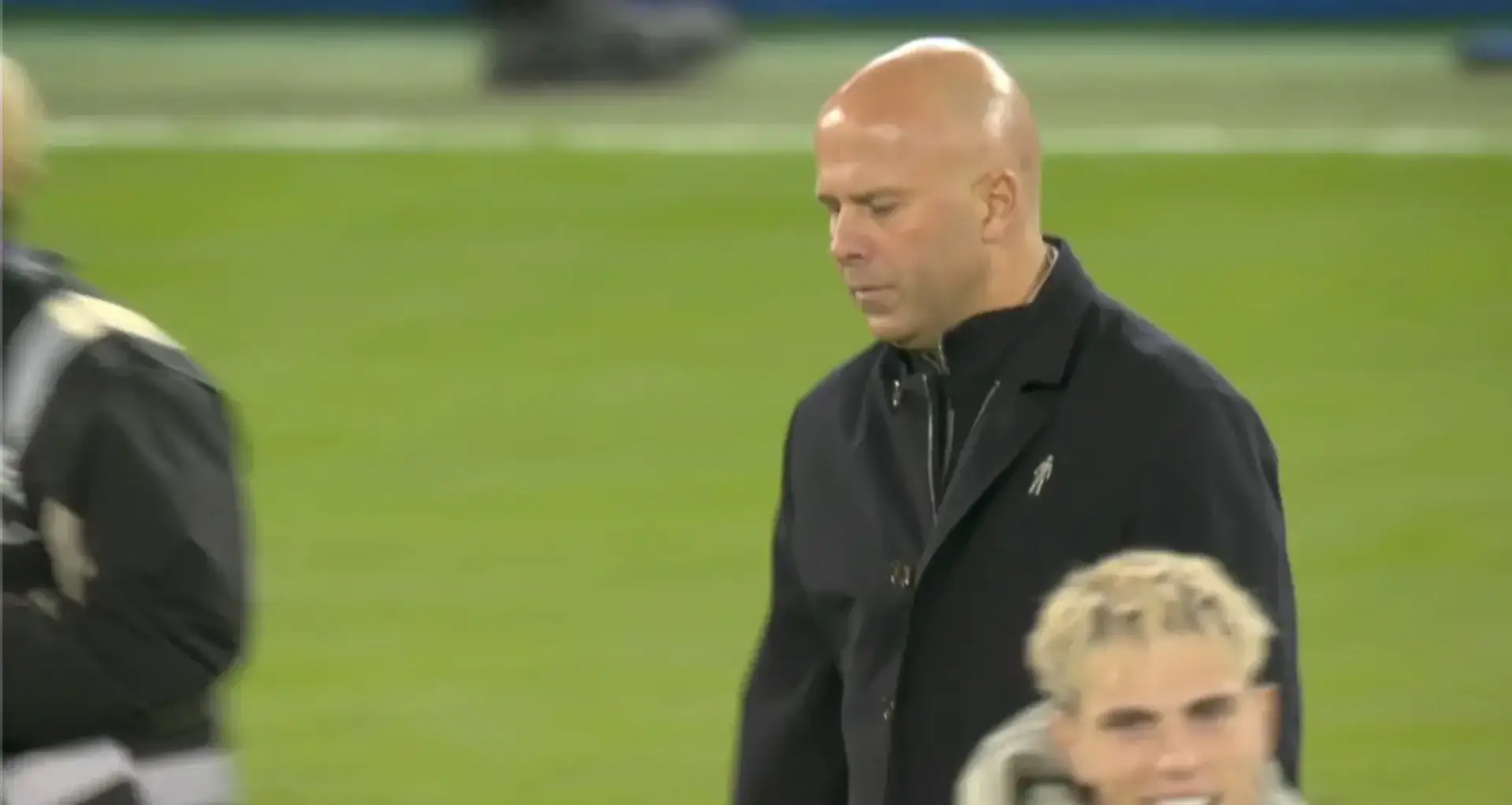Anfield in Shambles: Liverpool’s Humiliation Against PSV Exposes Deep Crisis
Liverpool fans arrived at Anfield with hope and anticipation, yearning for a glimpse of the dominant, fearless team that had long terrorized Europe. The Champions League had remained a shining beacon amidst a turbulent domestic season, where Premier League results had wavered alarmingly. Supporters expected redemption, a night that would restore pride and reinstate the identity of a team synonymous with relentless energy and tactical brilliance. Yet, what unfolded was a spectacle of confusion and despair, a match that not only ended in defeat but also starkly revealed the club’s fragility. The scoreboard told one story, but the atmosphere in the stadium, cold and heavy, told another—one of humiliation, frustration, and collective disbelief.
At the heart of this collapse was Virgil van Dijk, once a symbol of calm and confidence, now a portrait of uncertainty. The Dutch captain, previously a bulwark of Liverpool’s defense, appeared slow, hesitant, and overwhelmed. Errors that were almost unimaginable from him became glaringly visible, and his leadership seemed absent at crucial moments. Receiving a rating of just 3/10—a shockingly low mark repeated multiple times in recent months—van Dijk’s struggles reflected a deeper malaise that had infected the entire squad. When the anchor of a team falters, the ripple effect is catastrophic, leaving the defense unsteady and the collective confidence shattered.
Ibrahima Konaté, paired alongside van Dijk, fared little better. A mix of aggression and misjudgment left him vulnerable and inconsistent, eroding the defensive cohesion the pair once commanded. The partnership that had been a model of European solidity now looked disjointed, as though two strangers were tasked with holding the line. Every PSV counter-attack heightened the tension, every pass from the opposition felt like a threat, and every defensive lapse magnified the perception of Liverpool’s vulnerability. The defensive unit, which fans once trusted implicitly, now seemed on the verge of collapse with each passing minute.
Midfield failures compounded the defensive chaos. Alexis Mac Allister, despite his efforts, struggled to influence the game, besieged by chaos and cut off from his usual rhythm. Ryan Gravenberch flashed moments of brilliance but faded at critical junctures, while Curtis Jones tried tirelessly to inject life and personality but could not shift the tide alone. Losing control of the midfield meant losing control of the match entirely—a truth made painfully evident as Liverpool’s attacks failed to take shape and the opposition dictated tempo with ease.
Upfront, the squad lacked cohesion and spark. Mohamed Salah, normally a lethal presence, found himself isolated and carefully marked by multiple defenders. Attempts to integrate other attacking options, such as Cody Gakpo and Hugo Ekitike, produced little threat, leaving the front line disconnected from midfield and devoid of rhythm. The substitution decisions, meant to spark revival, only deepened the sense of frustration. Alexander Isak’s entrance brought hope, but he struggled under pressure, while Federico Chiesa looked misaligned and out of sync, contributing to a feeling of eleven individuals playing rather than a unified team.
As the minutes dwindled, Liverpool’s body language spoke volumes—heads lowered, shoulders heavy, and urgency absent. PSV, sensing weakness, played with freedom and confidence, turning each clearance into celebration. The energy in Anfield, once a fortress of intimidation, had shifted into a theater of disappointment. Fans expressed their dismay with boos and reluctant applause, a reflection not only of the scoreline but of the heartbreak caused by watching a team lose its identity on such a grand stage.
This match was more than a defeat; it was a stark reminder of a club in crisis. Repeated low ratings, especially for van Dijk, exposed the fragility in leadership and confidence that now permeates the squad. Players once brimming with energy now seemed burdened and weighed down by uncertainty, and the aura of fear they once inspired in opponents has dissipated. The humiliation against PSV will linger in memory not for the result itself but for the manner in which Liverpool surrendered their pride, exposing the urgent need for leadership, unity, and a revival of belief at the very heart of the team.
